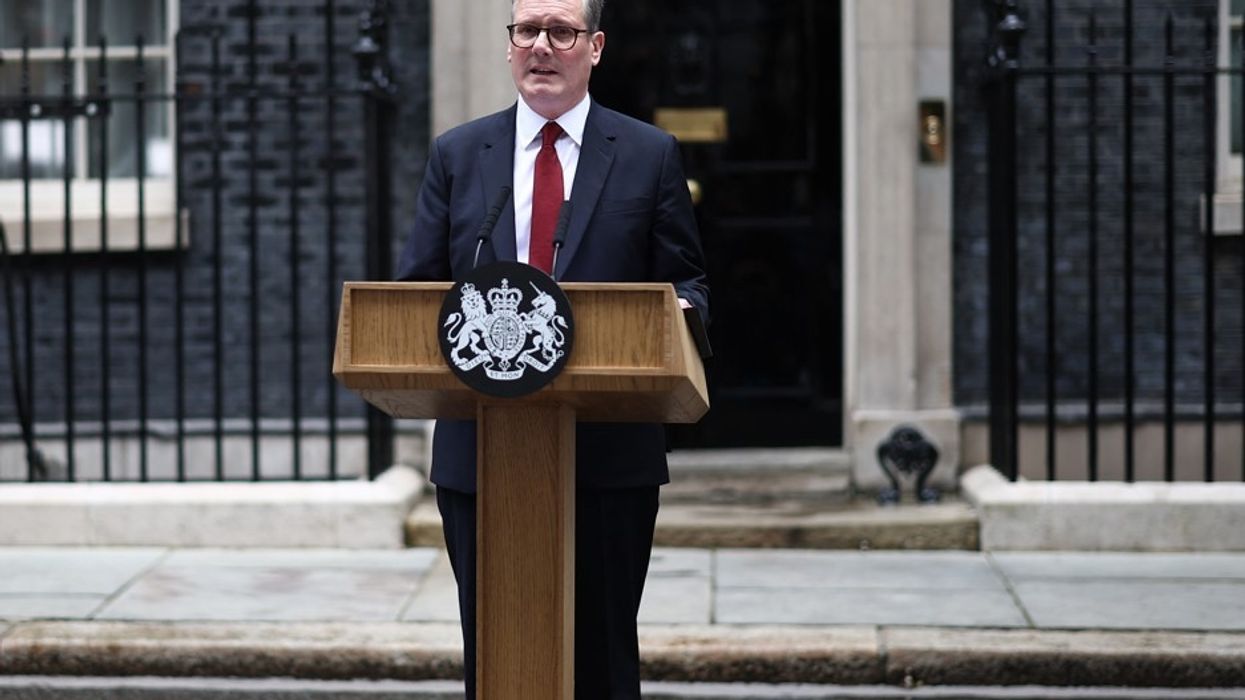The new government is preparing over 35 bills for the formal start of the parliamentary year on Wednesday and has placed economic growth at the centre of its agenda, Keir Starmer's office said.
Starmer, who ended 14 years of Conservative rule earlier this month with a decisive election win for his Labour Party, stated that his government's goals are to deliver stability, boost growth, and create wealth across the country.
Legislation will include a bill to enforce new spending rules and strengthen the role of the independent Office of Budget Responsibility, ensuring that significant fiscal announcements will be properly scrutinised, the statement from his office said.
"Our work is urgent. There is no time to waste," said Starmer, who has returned to Britain after attending the NATO summit last week in his first major international meeting as the country's leader.
"We are hitting the ground running by bringing forward the laws we will need to rebuild our country for the long term – and our ambitious, fully costed agenda is the downpayment on that change."
Within days of taking office as the country’s first female finance minister after the election, Rachel Reeves set out plans to increase house building, unblock infrastructure projects, and attract private investment.
Through a new National Wealth Fund, the government aims to attract private capital into emerging and growing industries to support growth and meet net-zero commitments.
The State Opening of Parliament is the only regular occasion when the three constituent parts of Parliament – the Sovereign, the House of Lords, and the elected House of Commons – meet.
The pomp and ceremony tend to attract large crowds and a significant TV audience.
(With inputs from Reuters)





